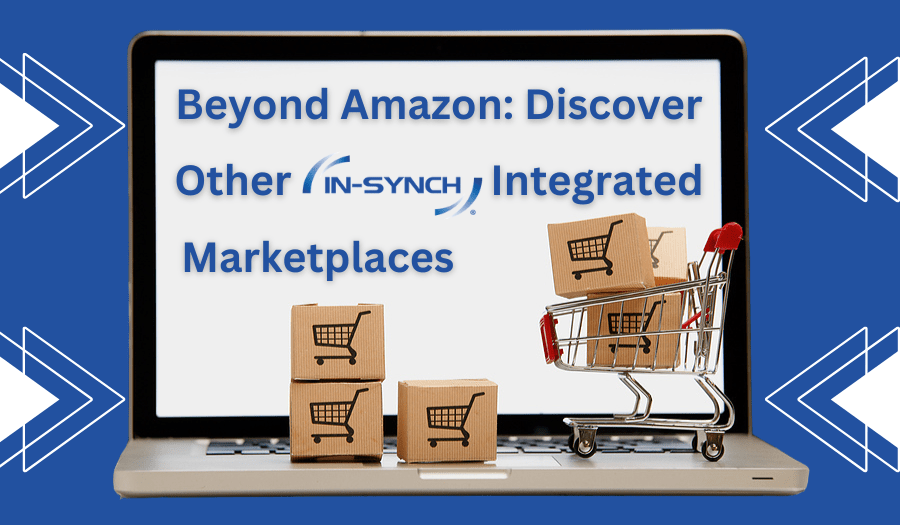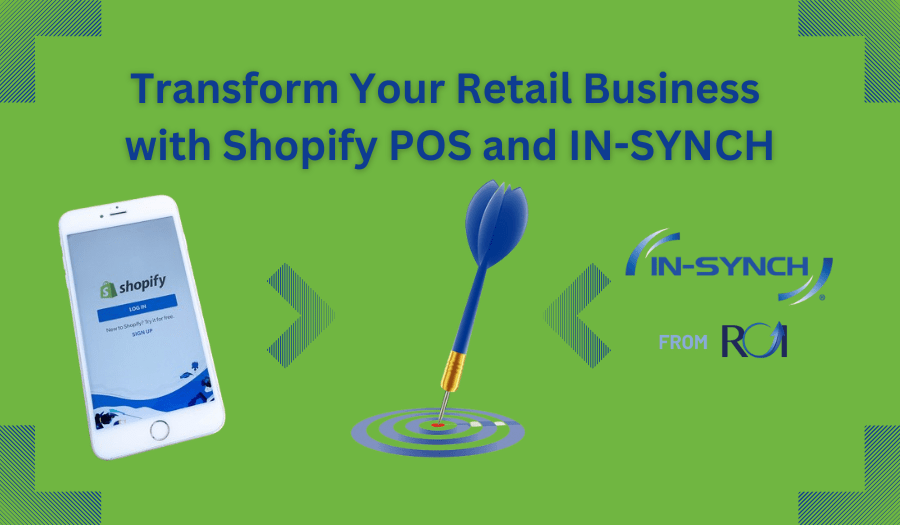By Ruth Richter • September 25, 2019
Perhaps one of the most satisfying aspects of shopping online is the ability to search for precisely the item needed (or wanted) and purchase it. What the shopper doesn’t know is that their ability to do so is fueled by the ecommerce platform’s inventory management strategy. Believe it or not, nearly three quarters of online shoppers will search for an item elsewhere if it’s unavailable from their preferred ecommerce vendor, rather than waiting for it to be restocked.
Ecommerce retailers then need to manage the delicate balance of inventory management by not being out of stock on popular items—which could result in lost sales—and not draining cash and resources by overstocking other inventory. Inventory can be a tricky business, and in fact, 43 percent of small businesses are either tracking their inventory using manual processes … or they’re not tracking it at all. If that’s the category your ecommerce business falls into, it’s time to look at some vital reasons for integrating your inventory management right away.
Integration Leads to Automation
Many ecommerce retailers are already using an enterprise resource planning (ERP) solution on the back end of their business to handle customer information, product pricing and details, order management, and yes, inventory management. The problem lies in the missing link between the ERP and the ecommerce platform. Information needs to be shared between the platforms to ensure the customer has a seamless order and delivery experience. If you’re manually entering sales orders and customer information from your ecommerce site into your ERP, you’re not only taking valuable time, but risk introducing data entry errors.
With integration between your two systems, many of these previously manual tasks can be automated. Not only will your customers automatically be notified when an order ships, but their order information is automatically reflected in back-end inventory counts, which is in turn pushed out to the ecommerce platform, so shoppers know when an item has limited quantities available.
Integration also means that any new products added to your ERP system can be automatically pushed to your ecommerce platform, including item name, descriptions, quantity available for purchase, and pricing. For smaller ecommerce businesses where employees all wear multiple hats, automation is a perfect solution to not taking up limited man hours. And, as the business grows, inventory integration ensures that the ecommerce platform keeps up with the speed of sales.
Finally, as your ecommerce business grows, you may find yourself needing a different ecommerce platform, or perhaps an additional one that is more specialty focused. Moving from one platform to another is complex enough; inventory integration helps provide one-to-one crosses for easily pushing the same information that populated your old platform over to the new platform. If you have multiple ecommerce sites (whether they’re on the same platform, different ones, or include third-party carts), integration keeps all the information flowing smoothly between the sites so purchases from one are accurately reflected across all the sites that offer that particular product.
Automate Transactions With Sage 100 and IN-SYNCH® Integration
Integration has a lot of benefits, but the even better news is that it’s not as complicated to set up as you might think. That’s because IN-SYNCH by ROI Consulting is purpose-built for Sage 100 integration with real-time data synchronization. Not only does IN-SYNCH integrate your ecommerce website with your Sage 100 ERP, it also connects to multiple existing shopping carts, additional integrated website solutions, warehouse management, and more. Your integration can be as basic or as complex as necessary, including custom integrations.
There’s no doubt that inventory integration is an integral part of your successful ecommerce business. If you’re ready to take the next step in integration to see how your bottom line benefits, talk to one of our experts now.




